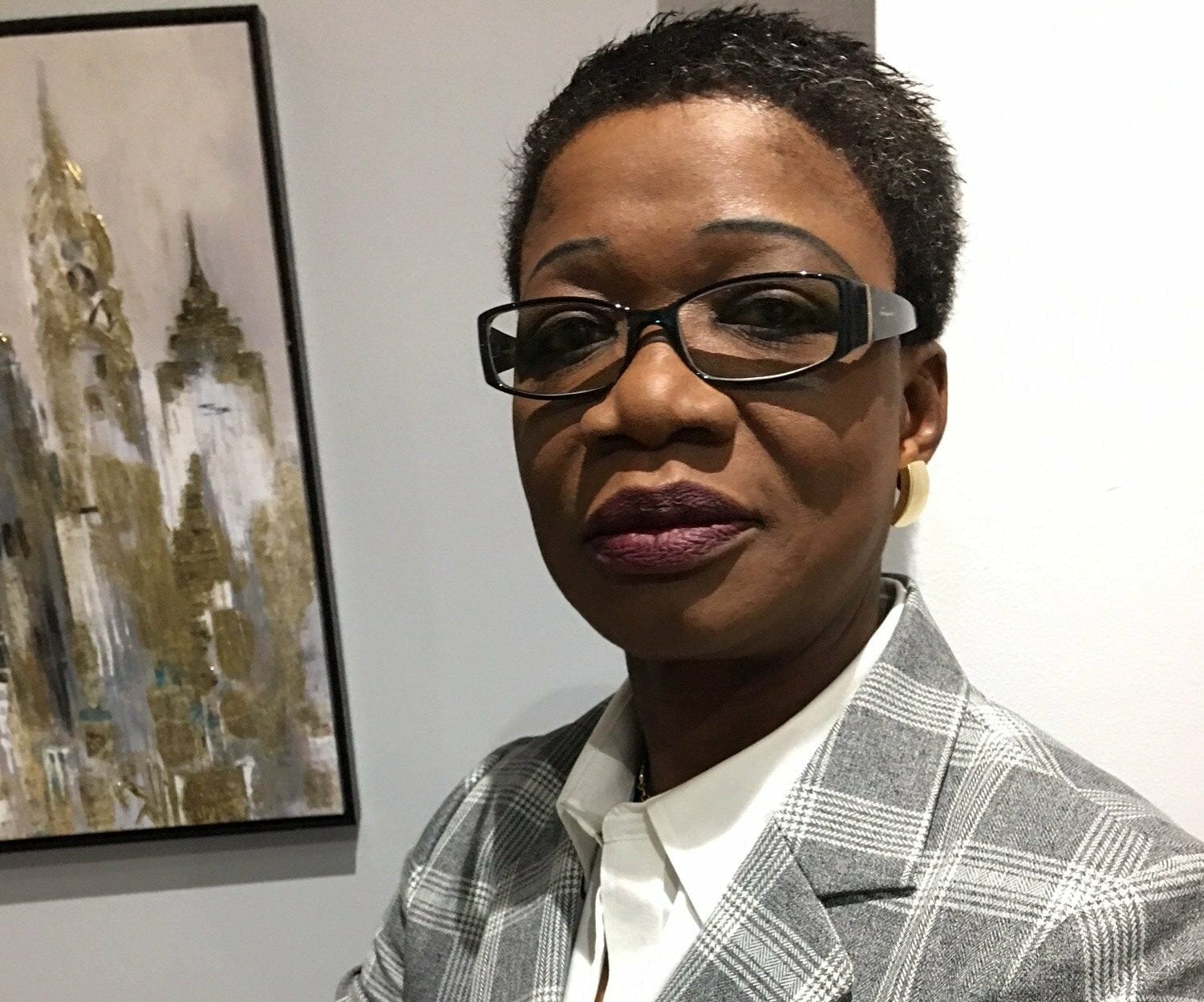

Follow us on:  
|

In his 2015 book, “A Republic No More: Big Government and the Rise of American Political Corruption,” conservative political historian and journalist Jay Cost puts forth an apt metaphor describing the interplay between politics and corruption:
“(Corruption) is like cancer or wood rot. It does not stay in one place in the government; it spreads throughout the system. When a faction succeeds in getting what it wants at the expense of the public good, it is only encouraged to push its advantage. By the same token, politicians who aid them and reap rewards for it have an incentive to do it some more, and to improve their methods to maximize their payoffs. Moreover, these successes inspire other politicians and factions to try their hands at raiding the treasury to see if they can do it, too. Thus, a vicious cycle is created that erodes public faith in government, which further contributes to the cycle.”

In world economies like the U.S. the manifestations of political corruption – and their costs – may be more discreet than in countries that are not yet so sophisticated in systems of checks and balances. And, in fact, corruption is a weight that keeps developing economies from achieving their full potential.
Nigeria is a prime example. It is Africa’s largest economy, the world’s 30th largest in terms of nominal gross domestic product, and the 23nd largest in terms of purchasing power parity. Yet over 86 million of its 180 people live in extreme poverty. The disparity between the country’s super rich and super poor fans the anti-government flames. But it also speaks to the overlap between political and economic power in Nigeria that has led to its ranking by Transparency International as one of the world’s most corrupt nations.
Reversing political corruption – especially when it’s as systemic as Nigeria’s – is an ongoing struggle.
Nellie Mayshak is a public sector reform specialist who came up against it when she was appointed in late 2013 by the reform-minded, then-minister of finance, Ngozi Okonjo Iweala, to consolidate Nigeria’s old government funded pension system.
Comprised of multiple, independent systems run by different government ministries, Nigeria’s public pensions were riddled with fraud. They were used as cash cows by corrupt public servants who put family members and “ghost” pensioners on the pension pay rolls, while many real pensioners received little or none of their benefits.
“It was an extremely difficult situation,” recalls Nellie Mayshak today – probably the most difficult of her 20-plus year career managing reform projects around the globe. She was attacked personally and professionally, through fake social media campaigns, all of which was designed to undermine her work and stoke public sentiment against her. In fact, it made her success – a consolidated, efficient, tech-based system that restored pension payments to thousands of people and saved the government billions of dollars – something of a pyrrhic victory.
Elections in 2015 replaced her champions like the noted Economist and then Minister of Finance, Ngozi Okonjo-Iweala, with a new group of “reformers” and now disgraced minister of Finance, who orchestrated Mayshak’s interrogation on trumped up charges of “administrative irregularities”, but which the fake news social media turned into allegations of fraud, before allowing her to return home to Canada. She ultimately received a thank-you letter from the President, acknowledging her successful work, and a formal release from her contract.
And despite each new wave of reformers, Nigeria continues to pay the price of political corruption – a huge gap between the have’s and the have-not’s. Matthew Page, an expert on Nigeria who’s a former member of U.S. intelligence community, told The Guardian last year: “The overlap between political and economic power in Nigeria is near total.
“Politicians often use businesses to siphon money from state coffers, and many business moguls have grown rich on the back of close relationships with top officials, juicy government contracts, or protectionist policies. Nigeria resembles the United States in this way – but with less transparency and minimal independent scrutiny of what are often conflicts of interest.”
Nellie Mayshak has tried throughout her career to champion best public management practices. Her experiences in Nigeria proved a painful way to learn the extent to which political corruption can undermine and thwart efforts to rid countries like Nigeria of corruption.
“I know the new pension system made a large and positive difference to many people,” she said. “But it also made clear that there’s a cost to change and that when it affects the pocketbooks of the people in charge, the pushback can be very hard to counter.”